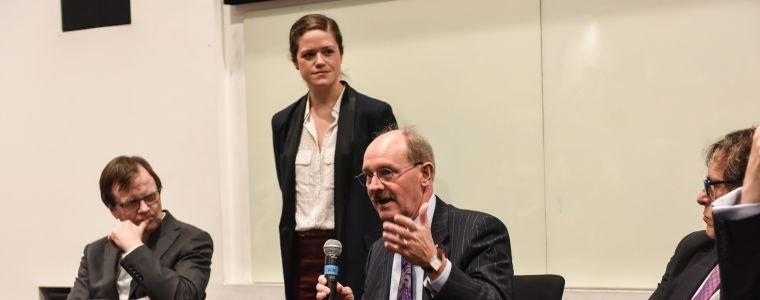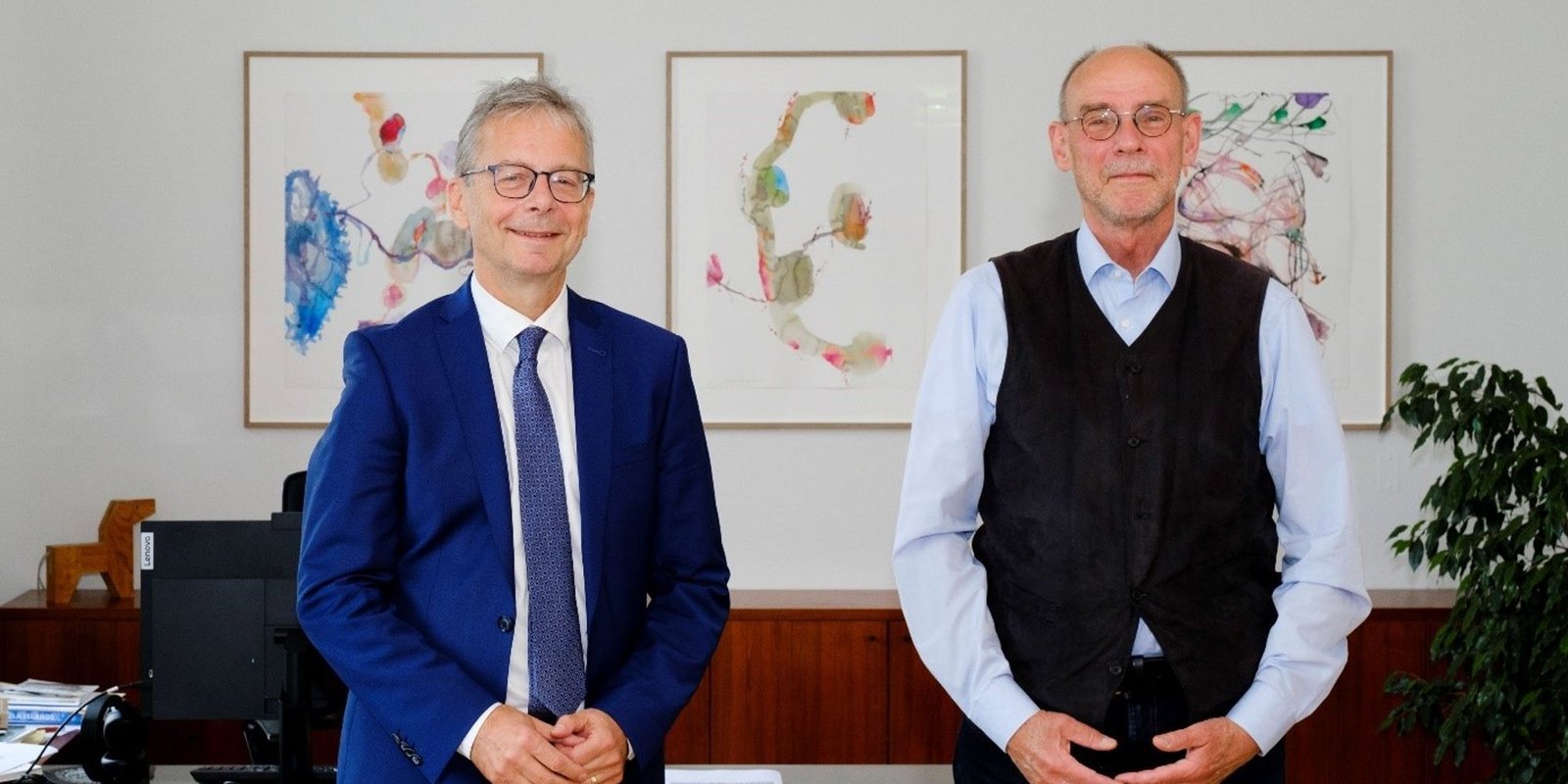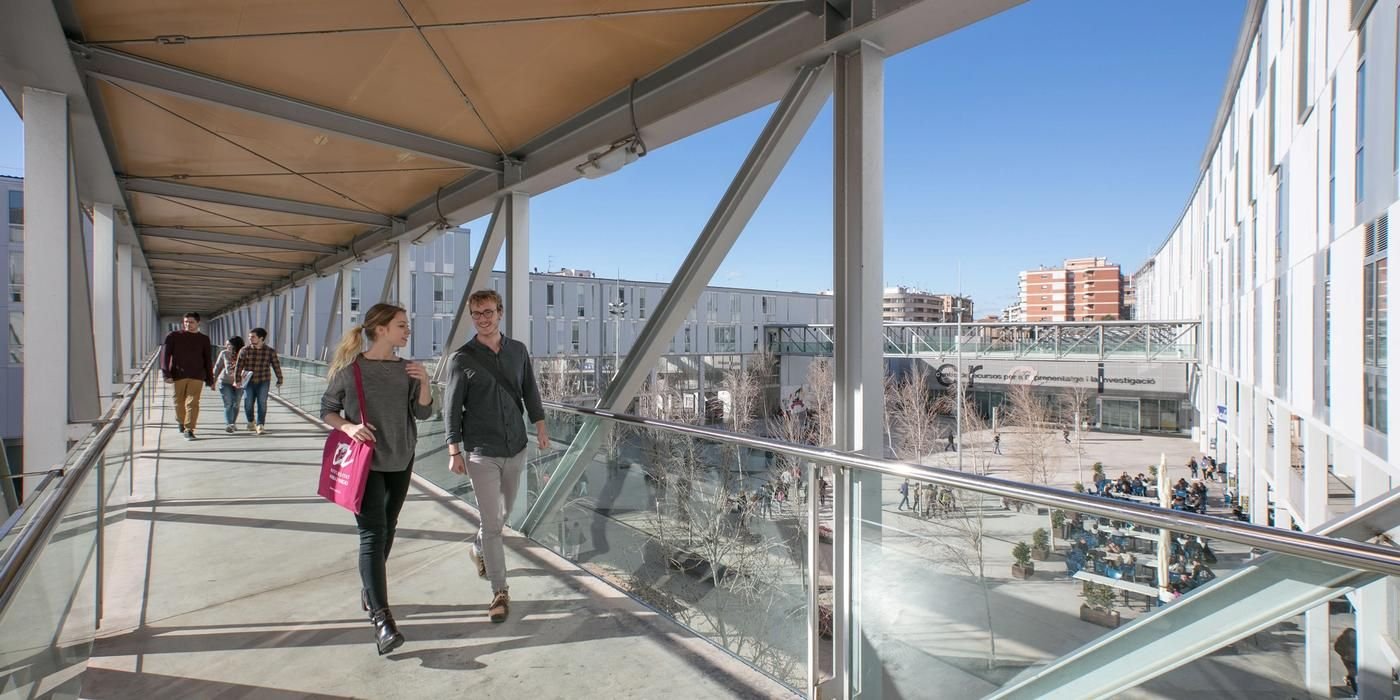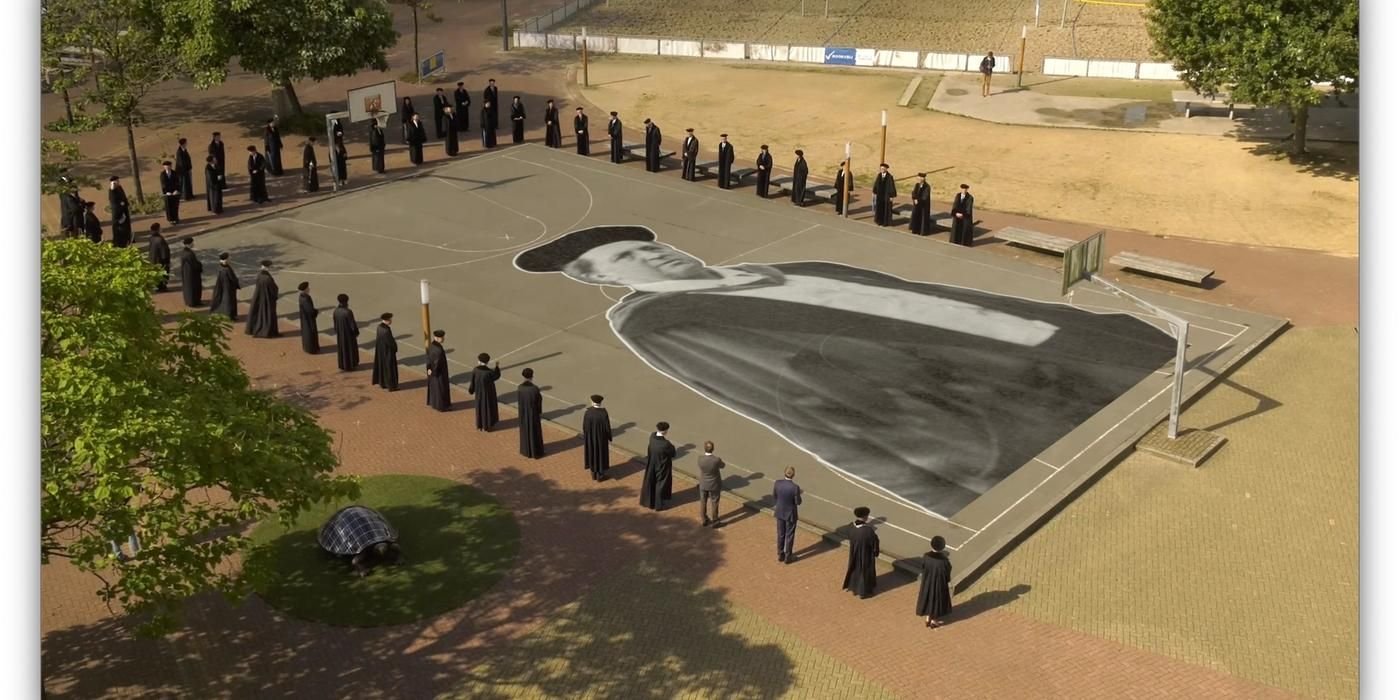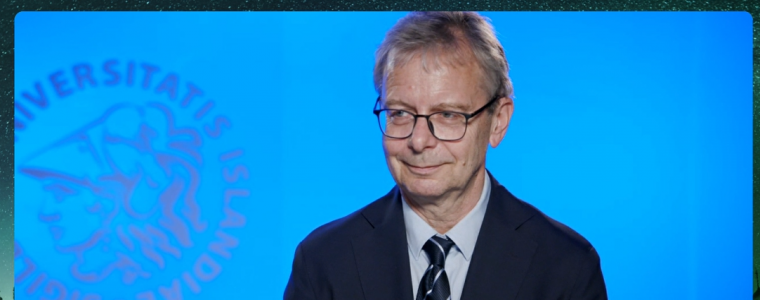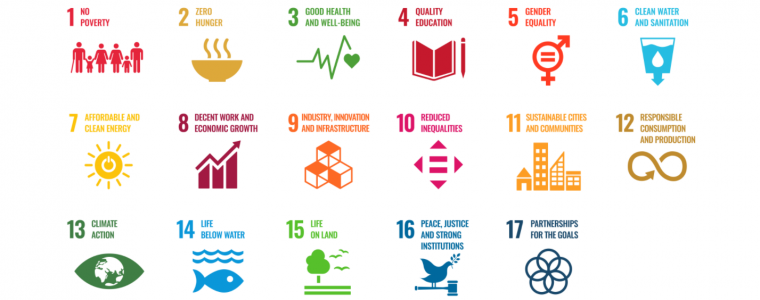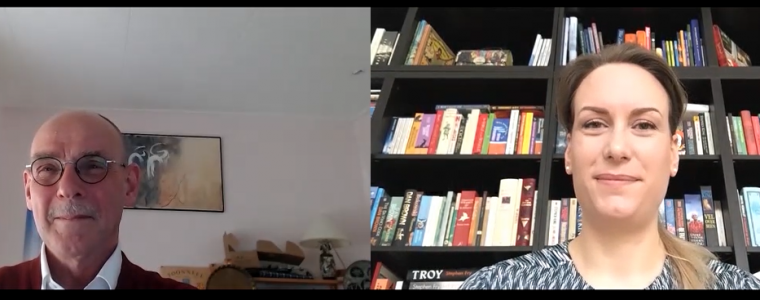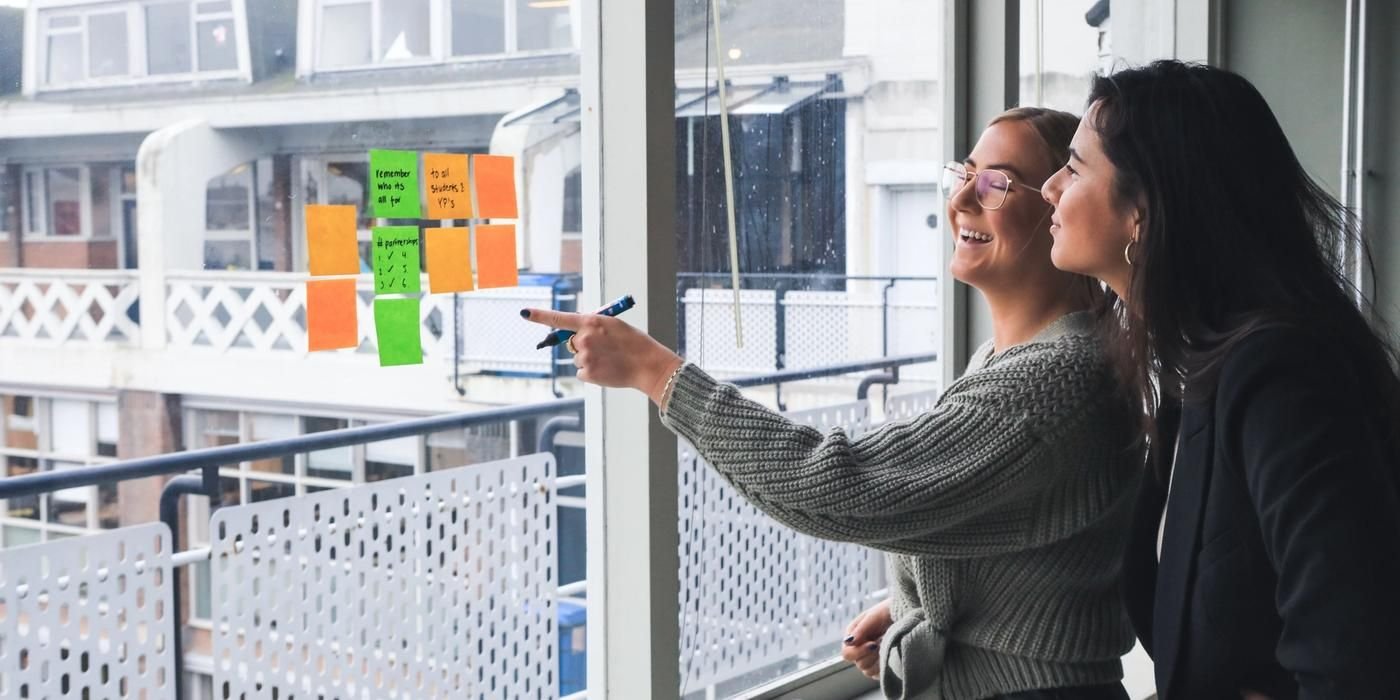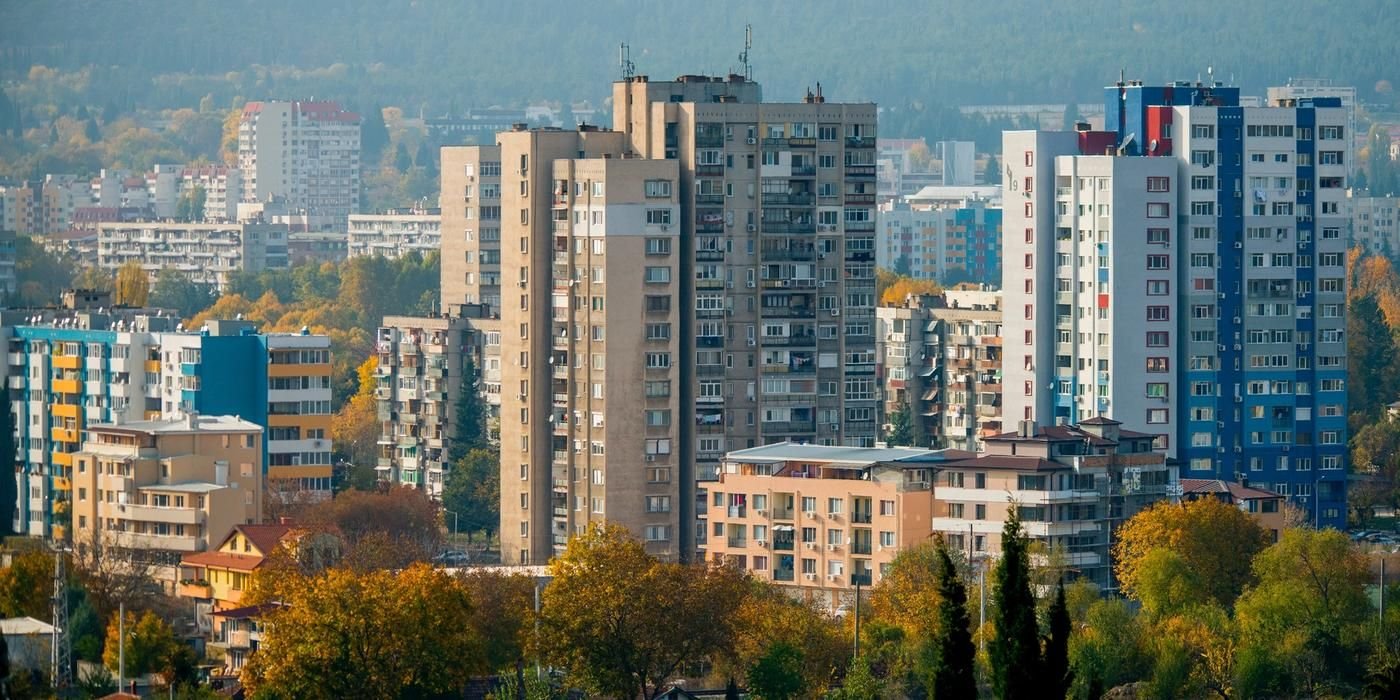Leads of the Aurora SDG Education Dashboard, Auður Pálsdóttir, assistant professor at the School of Education, in collaboration with Lára Jóhannsdóttir, professor of environment and natural resources at the School of Social Sciences have led an in that analysed over 3300 courses at the University of Iceland on the sustainable content.
Over the past five years, the UN Sustainable
Development Goals have been guiding principles in international affairs, ever since the member states agreed to work towards them in September 2015. The SDGs, which total 17 and apply for the period 2016-2030, apply to all areas of society, since they are intended, for example, to combat global poverty and hunger and promote economic prosperity, peace, universal human rights, and sustainability in all areas to benefit the climate and environment.
The SDGs have started to receive more and more attention in the work of the University of Iceland. For example, the University has organized a series of lectures in which UI scientists and representatives of Icelandic society have explained the significance of the goals and targets, as well as pathways to achieving the goals. A review has also been carried out to find out where courses at the University of Iceland involve sustainable development and education in the spirit of the UN SDGs. This work was organised by Auður Pálsdóttir, assistant professor at the School of Education, in collaboration with Lára Jóhannsdóttir, professor of environment and natural resources at the School of Social Sciences.
Analysed 3,300 courses
“The project involved analysing the University of Iceland course catalogue for the winter 2019-2020, looking closely at course descriptions and learning outcomes for all courses at all five schools, a total of around 3,300. The goal was to map the available courses and their content in consideration of the UN Sustainable Development Goals,” says Auður.
Naturally, this was a considerable amount of work and so Auður and Lára recruited five students from the School of Education, each of whom completed a Master’s thesis based on the research. “Each Master’s student analysed all the courses at one school. Hafdís Ósk Jónsdóttir analysed courses at the School of Social Sciences, Guðjón Már Sveinsson analysed courses at the School of Health Sciences, Bjarni Bachmann analysed courses at the School of Humanities, Hildur Hallkelsdóttir analysed courses at the School of Education and Atli Rafnsson analysed courses at the School of Engineering and Natural Sciences. Each Master’s student also completed an individual project with a focus of their own choosing,” explains Auður.
Auður and Lára are both members of the UI Sustainability and Environmental Committee which has been working to shape the University’s new sustainability policy. “In other countries as well in Iceland, there is not much information about where university courses are working with the SDGs. We therefore decided to map all UI courses, whether they were taught this winter or not, because many courses are offered every other year but are part of an integral whole in the study programme,” says Auður of the inspiration behind the project.
We need to keep working with the SDGs within the University
In connection with the project, the team developed a special analytical key and a list of terminology in Icelandic and English containing key words for each SDG. These were used in the analysis. The Master’s students then created their own analytical key or criteria, each for their own individual projects, which were also used. The analytical keys were tested and fine-tuned in the course of the collaboration. “The aim was to ensure that working practices were as consistent as possible in order to guarantee reliable results and valid comparison between the schools,” explains Auður.
Auður says that the results of the project have revealed that there is ample opportunity for the University of Iceland related to the UN Sustainable Development Goals. “In many aspects, the University appears to be in a similar situation to other universities who are finding their way in the introduction of the SDGs. However, it seems we urgently need to focus on the key competencies which the UN defined in parallel to the SDGs as a requirement for work towards the goals and which apply to all studies,” adds Auður.
Key competencies are abilities that people acquire regardless of the content of the academic subject. “For example, the ability to analyse and understand different systems and how they are linked, the ability to apply critical thinking and be creative and the ability to collaborate and deal with conflict. Students acquire these key competencies through studying any of a wide range of subjects related to many kinds of knowledge, but also people’s preferences and interests. In light of this, the United Nations has long emphasised that students should be able to influence what and how they learn.”
Auður adds that the SDGs are extremely broad and much of this is not, at first sight, relevant to Iceland. “So we have to discuss and work with the SDGs so that everyone at the University understands their content and aims and how we at UI can do our bit for the global community in sustainable development and sustainability education. We are doing a lot at the University that fits in well with the path to sustainable development, but this is not made sufficiently explicit in the course catalogue,” says Auður.
